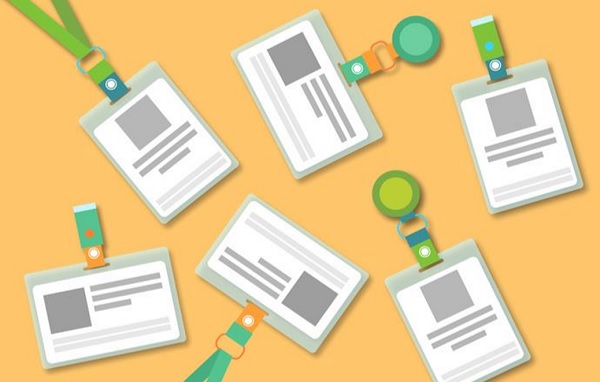
- Internet of Things Tutorial
- Internet of Things - Home
- Internet of Things - Overview
- Internet of Things - Hardware
- Internet of Things - Software
- IoT - Technology & Protocols
- Internet of Things - Common Uses
- Media, Marketing, & Advertising
- IoT - Environmental Monitoring
- IoT - Manufacturing Applications
- IoT - Energy Applications
- IoT - Healthcare Applications
- IoT - Building/Housing Applications
- IoT - Transportation Applications
- IoT - Education Applications
- IoT - Government Applications
- IoT - Law Enforcement Applications
- IoT - Consumer Applications
- IoT - Thingworx
- IoT - CISCO Virtualized Packet Zone
- IoT - Salesforce
- IoT - GE Predix
- IoT - Eclipse
- IoT - Contiki
- IoT - Security
- IoT - Identity Protection
- IoT - Liability
- Internet of Things Useful Resources
- Internet of Things - Quick Guide
- Internet of Things - Resources
- Internet of Things - Discussion
Internet of Things - Education Applications
IoT in the classroom combines the benefits of IoT in content delivery, business, and healthcare. It customizes and enhances education by allowing optimization of all content and forms of delivery. It enables educators to give focus to individuals and their method. It also reduces costs and labor of education through automation of common tasks outside of the actual education process.
Education Organizations
Education organizations typically suffer from limited funding, labor issues, and poor attention to actual education. They, unlike other organizations, commonly lack or avoid analytics due to their funding issues and the belief that analytics do not apply to their industry.
IoT not only provides valuable insight, but it also democratizes that information through lowcost, low-power small devices, which still offer high performance. This technology aids in managing costs, improving the quality of education, professional development, and facility management improvement through rich examinations of key areas −
- Student response, performance, and behavior
- Instructor response, performance, and behavior
- Facility monitoring and maintenance
- Data from other facilities
Data informs them about ineffective strategies and actions, whether educational efforts or facility qualities. Removing these roadblocks makes them more effective.
Educators
Information provided by IoT empowers educators to deliver improved education. They have a window into the success of their strategies, their students' perspective, and other aspects of their performance. IoT relieves them of administrative and management duties, so they can focus on their mission. It automates manual and clerical labor, and facilitates supervising through features like system flags or controls to ensure students remain engaged.

A school in Richmond, California, embeds RFID chips in ID cards to track the presence of students. Even if students are not present for check-in, the system will track and log their presence on campus.
IoT provides instructors with easy access to powerful educational tools. Educators can use IoT to perform as a one-on-one instructor providing specific instructional designs for each pupil; for example, using data to determine the most effective supplements for each student, and autogenerating content from lesson materials on-demand for any student.
The application of technology improves the professional development of educators because they truly see what works, and learn to devise better strategies, rather than simply repeating old or ineffective methods.
IoT also enhances the knowledge base used to devise education standards and practices. Education research suffers from accuracy issues and a general lack of data. IoT introduces large high quality, real-world datasets into the foundation of educational design. This comes from IoT's unique ability to collect enormous amounts of varied data anywhere.
Personalized Education
IoT facilitates the customization of education to give every student access to what they need. Each student can control their experience and participate in instructional design, and much of this happens passively. The student simply utilizes the system, and performance data primarily shapes their design. This combined with organizational and educator optimization delivers highly effective education while reducing costs.